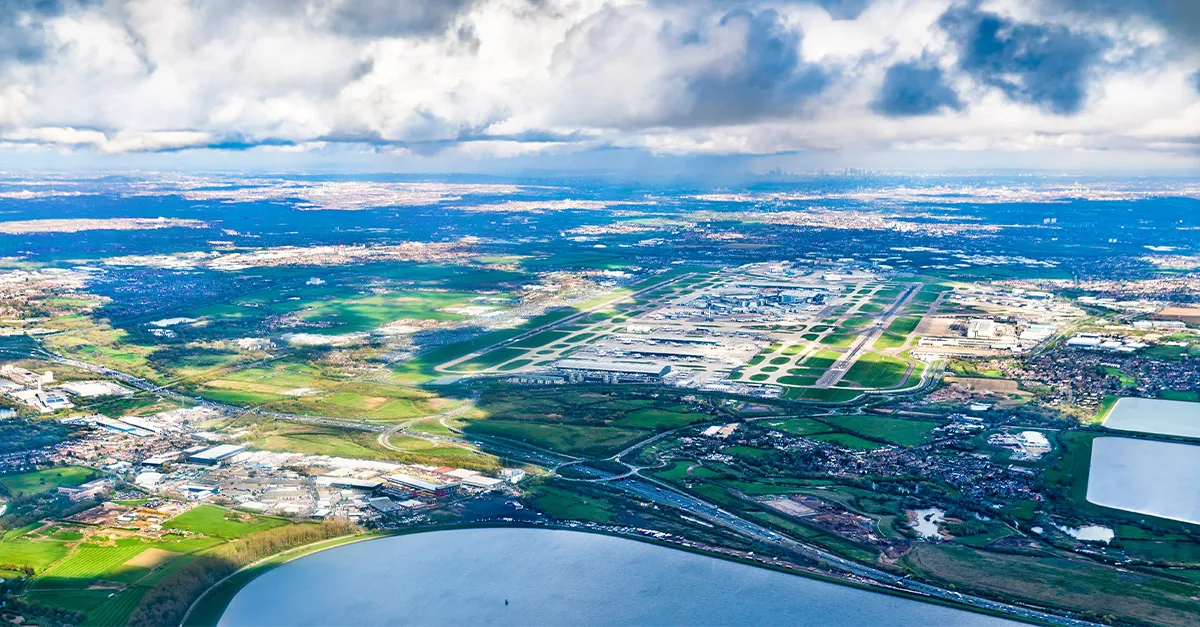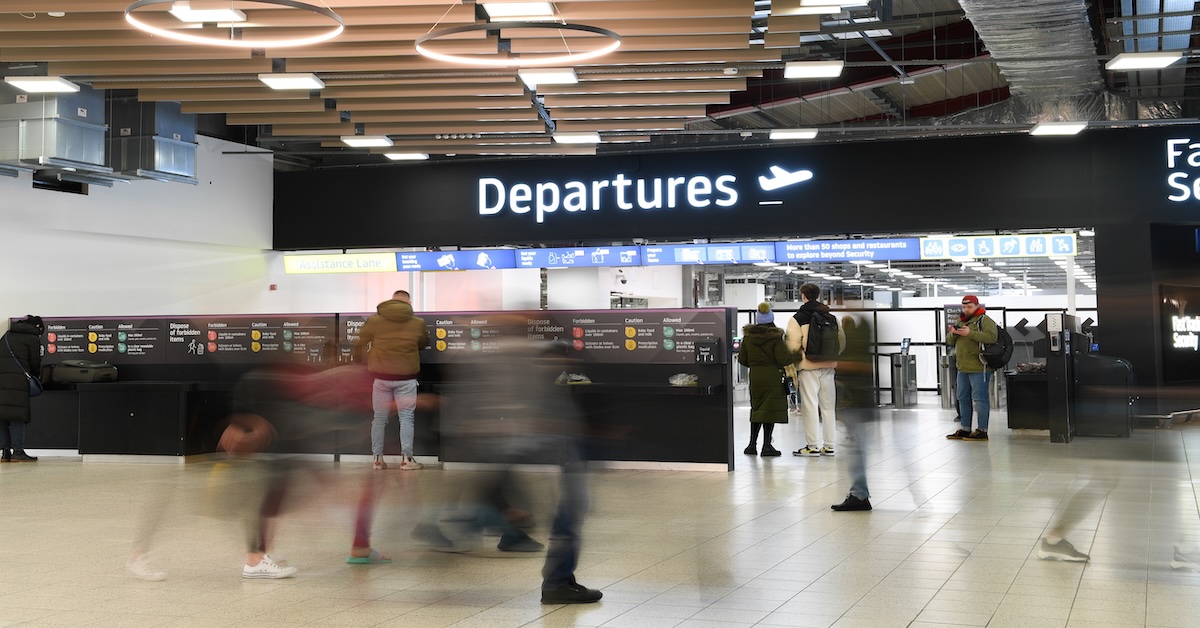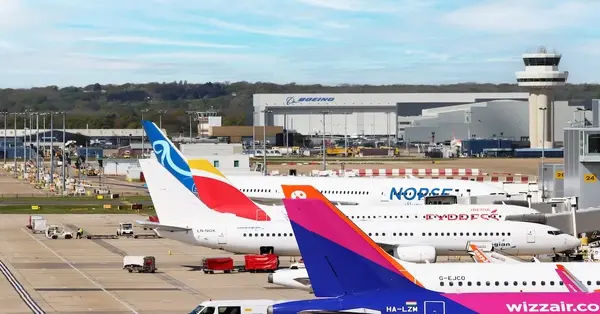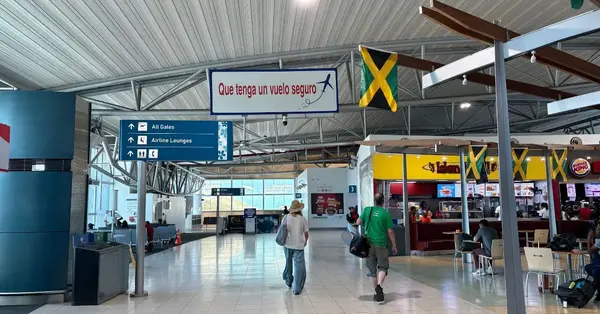Analysis: Why there is no fast track to Heathrow expansion
The Department for Transport (DfT) announced a speed-up in development of a third runway at Heathrow in mid-October with transport secretary Heidi Alexander announcing a “swift and robust review” of the government’s Airports National Policy Statement (ANPS) “to deliver Heathrow expansion”.
Alexander claimed the process would “be three years faster” as a result, telling Parliament that a draft ANPS setting out the case for expansion would be ready for consultation next summer and restating the government’s ambition to see “flights take off from a new runway by 2035”.
It’s unusual for a consultation to be announced more than six months in advance. They are often announced with little fanfare, so the timing was interesting.
The announcement was almost certainly geared to the Budget on November 26, with the government keen for the Office for Budget Responsibility to factor in the economic impact of Heathrow expansion to its GDP forecasts for the Treasury.
But the reality is that development of a third runway will move at its own pace – dependent not only on planning permission and the certainty of legal challenges but also on a deal on funding between major airlines, Heathrow investors and the Civil Aviation Authority (CAA).
The carriers won’t support expansion if it requires a hefty levy on fares, but Heathrow’s investors won’t sanction expansion unless it does.
The CAA has already stated that “any approach we adopt will involve the costs of capacity expansion being recovered through airport charges” so the airlines won’t be happy.
Iata reiterated the carriers’ approach following the DfT’s announcement, suggesting: “The political haste to move quickly to capture the economic benefit of construction will seriously handicap the UK if it fails to build something that is affordable.”
It criticised “Heathrow’s long addiction to gold-plated construction costs” and warned: “The cost impact of Heathrow’s current proposal will make the airport unaffordable.”
On Heathrow’s part, chief executive Thomas Woldbye had already warned the airport “would not be able to make the necessary investments” without passing on the costs.
So, the government’s speedier delivery of its Airports National Policy Statement is neither here nor there.
Alexander confirmed the government will decide which of two runway schemes to proceed with – Heathrow’s or that of property and construction group Arora – by the end of November. But it would be a surprise if it jettisoned Heathrow’s plan.
Why on earth would Heathrow’s investors agree to put money into someone else’s scheme?
The government also confirmed it’s pressing ahead with reform of the UK’s planning system to try to boost economic growth, through a Planning and Infrastructure Bill aimed at speeding up delivery of major infrastructure projects.
‘No evidence’ for economic growth
Any legal challenge to Heathrow’s expansion could be bolstered by the recent warning from a cross-party group of MPs that the UK’s net zero target is in "serious jeopardy” from airport expansion.
The Environmental Audit Committee accused the government of being unable to provide “any evidence” for its assertion that expanding airports will bring economic growth.
It’s report in October asserted: “The government has not demonstrated economic growth from airport expansion provides enough benefit to outweigh the negative climate and environmental impacts.”
The MPs noted aviation is already “one of the slowest decarbonising sectors” and that the government “is not supportive of demand management” despite its own advisory body, the Climate Change Committee, declaring that such management is “fundamental” to delivering net zero.
They also criticised the DfT for not having revised its Airports National Policy Statement in advance of committing to Heathrow expansion, arguing this “does not allow proper consideration and scrutiny of airport expansion proposals”.
The MPs noted previous aviation minister Mike Kane had confirmed there would be no decision on Heathrow before publication of an update ANPS. However, Kane was replaced in September.
The committee also warned the government that it is relying on measures to decarbonise flying – sustainable aviation fuel (SAF), improved efficiency and carbon offsets – which have limits that are “not factored in”.
It said this “puts the government’s delivery on carbon budgets and Net Zero in serious jeopardy”.
The MPs pointed out the government likewise continues to ignore non-CO2 impacts such as condensation trails (contrails) which could double the impact of flying on global warming.
They noted aviation was projected to become the UK’s largest contributor to climate change by 2040 before ministers committed to expansion at Heathrow, Gatwick, Stansted, Luton and London City and pointed out: “There is a significant divide as to the necessity and level of support for airport expansion [and] considerable disagreement over the estimated costs and benefits.”
The committee’s report concluded: “The government’s Jet Zero Strategy... requires significant carbon savings from the rollout of technology that has yet to be seen on a commercial scale.”
It also concluded: “The aviation sector does not fully pay for its carbon emissions [which] makes aviation artificially cheap and provides the industry with benefits other essential sectors don’t benefit from.
“The government should ensure the aviation sector pays its fair share.”
Heathrow chief financial officer Sally Ding nonetheless urged ministers “to move forward” on expansion as she reported record passenger numbers of 63.3 million for the nine months to September, saying: “We’re working to unlock a third runway which can be operational within a decade.”
Separately, Gatwick warned its plan to bring a second runway into use could be threatened by a hike in business rates, saying this would have “consequences” for investors “before we commit ourselves” to expansion.
Stewart Wingate, managing director of Gatwick parent company UK Airports, suggested the airport was “looking down the barrel” of a 300% rise in its current bill for business rates of £40 million a year following a revaluation by the Valuation Office Agency.


















